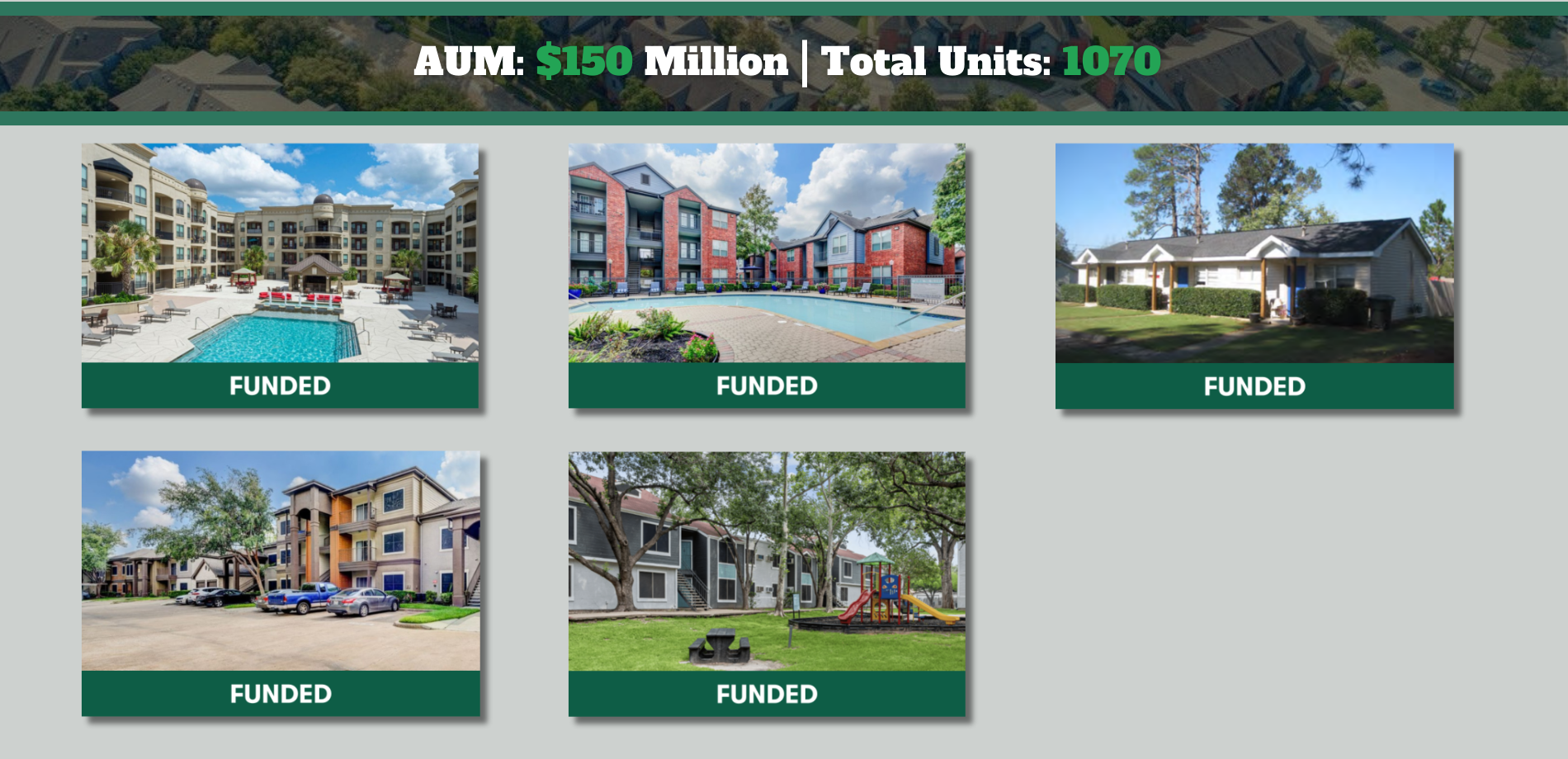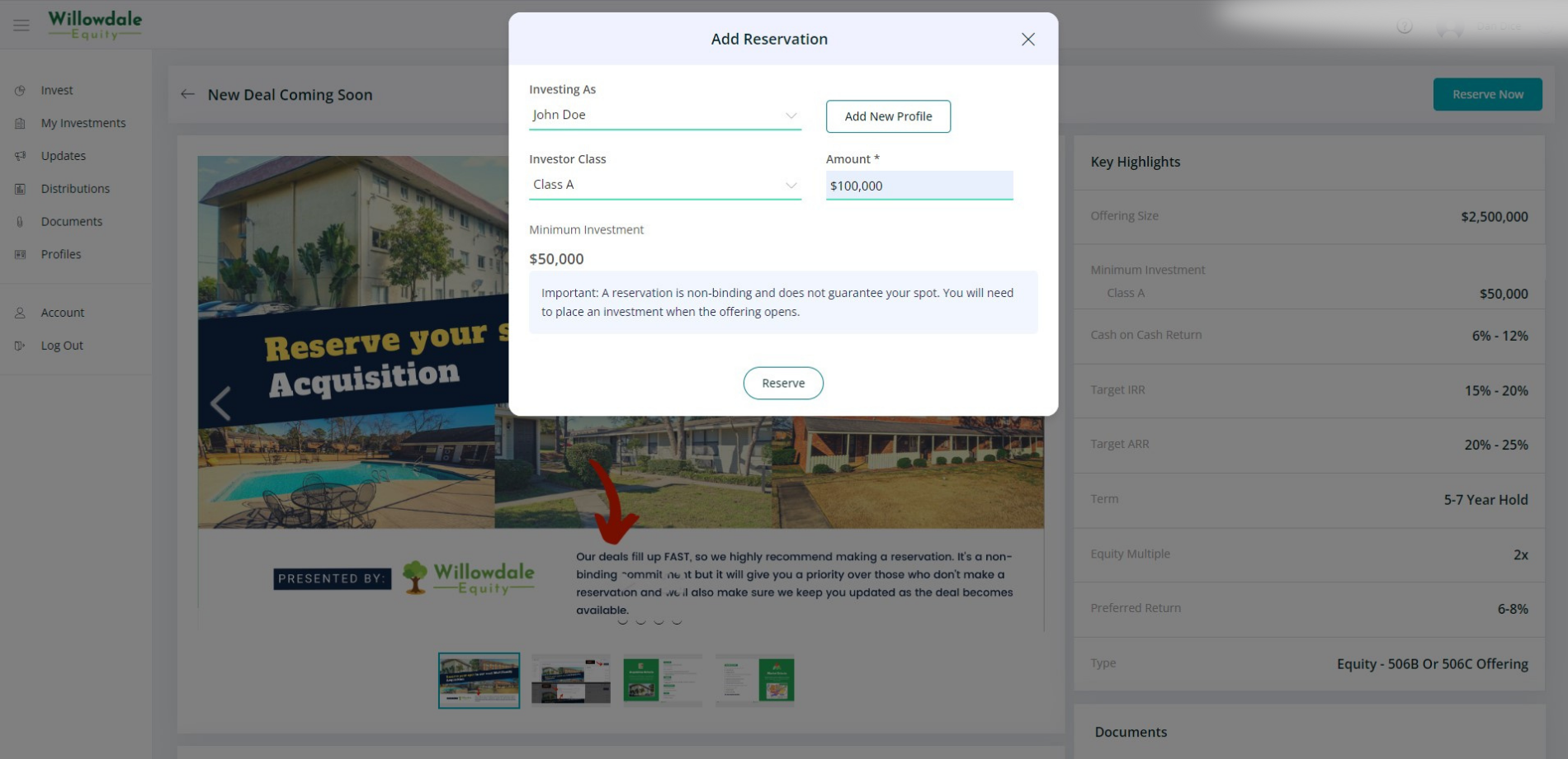
Does a Partner Get Basis for Nonrecourse Debt?
This article is part of our guide on fannie mae and non-recourse loans in multifamily, available here.
You’ve done a few deals on your own, and now you’re entering into a partnership or passively investing in a real estate syndication with other investors. By doing so, you’re encountering new IRS forms and trying to figure out what the partnership liabilities are.
One of the most common questions from investors entering into these kinds of partnerships is what their basis is and what happens to their basis if the partnership is dissolved and in other unfavorable circumstances of the economic risk of loss. This article aims to introduce these concepts to the intermediate investor.
Key Takeaways
-
Nonrecourse debt usually adds to a partner’s basis for distribution purposes. However, this increase in basis does not occur when it comes to the at-risk rules.
-
When a limited partnership defaults on its recourse loans, the limited nature of the partnership prevents the lender from going after the partners personally. This is a significant difference between limited and general partnerships.
What is Basis?
When investing in real estate, basis is the amount of capital invested in a property for tax purposes. When calculating amortization and depreciation, the IRS considers a partner’s basis as the initial figure that calculations are based on.
Basis is also the figure the IRS considers when calculating taxes related to capital gains when selling a property.
It is also important to understand that the basis is generally not equal to the value of the property in question. If you purchase a $1,000,000 property and only put down $200,000, the latter number is your tax basis. This is another tax advantage conferred with financing.
In a partnership agreement, a partner’s basis is generally the cash amount that the individual contributes to the partnership.
What is Qualified Non-Recourse Debt?
In a partnership, debt can generally be classified as recourse, qualified non-recourse, or non-recourse. The difference between these terms is the degree to which the borrower is personally liable for their share of the debt.
Qualified non-recourse debt or qualified non-recourse financing allows a qualified person to forego personal liability for repayment of the partnership’s debt. In this situation, a qualified person is somebody who regularly lends money as part of their business, like a bank. This is almost always the financial institution. The government may also issue these non-recourse loans or may guarantee these loans.
Does a Partner get Basis for Nonrecourse Debt?
Nonrecourse debt usually adds to a partner’s basis for distribution purposes. However, this increase in basis does not occur when it comes to the at-risk rules. These are the rules that are considered when deducting losses from a partnership.
This differs from recourse debt, which increases the partner’s basis for distribution and loss deduction. This is because the lender whose debt is non-recourse can only seek recourse on the collateral, the property, in the event of default.
Can a Limited Partner Guarantee a Loan?

A limited partner can guarantee a loan by signing a personal guarantee, but they are otherwise not liable for the partnership’s debts. General partners, however, are usually personally liable for these debts.
Can Recourse Debt Be Pursued in a Limited Partnership?
When a limited partnership defaults on its recourse loans, the limited nature of the partnership prevents the lender from going after the partners personally. This is a significant difference between limited and general partnerships.
Even though limited partnerships provide more protection for partners when compared to general partnerships, banks will likely ask any partners to sign a personal guarantee if they own more than 20% of the deal.
Related Read: What’s The Difference Between Recourse & Non-Recourse Loans?
How to Avoid Personal Liability

Once investors become educated on liability, they will naturally attempt to avoid as much liability as possible. While some liability can be avoided by either incorporating or forming a limited partnership, most lenders will not consider deals where the operators are not personally liable in the event of default, at least in the beginning.
Lenders will not put themselves in a position where they stand to lose money. Either a deal has to be so good that the bank can virtually guarantee to recoup their loan in the event of default or the operators have to have a good relationship with the lender and a spotless track record to establish trust.
Once trust is established, however, banks will be willing to lend to those operators with better terms and fewer conditions.
That said, agency lenders like Fannie Mae and Freddie Mac generally lend out non-recourse debt to borrowers that are acquiring multifamily.
Bifurcated Liability
There is also a debt structure where the loan is partially recourse and partially non-recourse. This is known as bifurcated liability. In this scenario, a predefined amount is recourse and the remaining amount is not.
Let’s say a bank loans $1,000,000 to a limited partnership and signs an agreement with a partner wherein said partner personally guarantees $100,000 of the loan. This is a compromise where some liability is assumed, but the limited partnership protects the partner.
Frequently Asked Questions About Partners Getting Basis for Non-Recourse Debt
If members of the LLC sign a personal guarantee, they can be held personally liable for payment in the event of a default.
If the loan is from an LLC member to the LLC itself, the loan is not recourse beyond the assets in the LLC unless one or multiple members sign a personal guarantee on the loan.
Nonrecourse Debt and Basis for Limited Partners - Conclusion
Understanding the personal liabilities involved when borrowing money for real estate transactions is important. As a limited partner in a real estate syndication, it’s essential to understand the nuances of your exposure to liability and what amount of basis you can leverage to shield your share in the profits further.
If you want to learn more about financing real estate projects and get exclusive access to private multifamily deals, consider joining the Willowdale Equity investor club.
DISCLAIMER: This is for informational purposes only. I am not a tax advisor, nor can I provide tax advice, please consult your CPA.
Sources:
- IRS, “Topic No. 703 Basis of Assets“
- IRS, “Recourse vs. Nonrecourse Liabilities“
- The Tax Adviser, “Basis for ‘Bad Boys‘”
- Forbes.com, “Tax Geek Tuesday: Allocation of Partnership Liabilities“
The Willowdale Equity Investment Club is a private group of investors that are looking to passively grow their capital and share in all the tax benefits through multifamily real estate investments.






